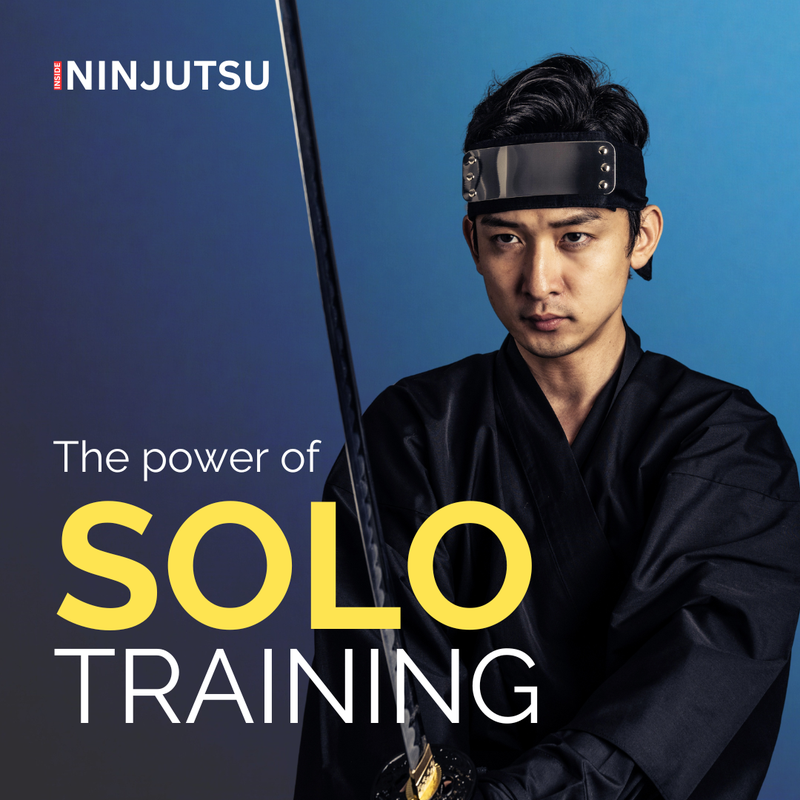
Sean Askew Speaks Out on Martial Arts Ranks
The Difference Between Titles and True Skill
In a candid reflection, Sean Askew, a respected martial artist with over 15 years of experience training in Japan under Hatsumi Soke, has shared his thoughts on the value and meaning of ranks within the Bujinkan martial arts organization. With a deep understanding of both the art and the cultural differences that influence it, Askew emphasizes that rank alone does not equate to skill and that true ability comes from dedicated training under a skilled instructor.
Askew, who holds a 15th Dan in Bujinkan and 3rd Dan in Kosen Judo, begins by acknowledging the heated debate surrounding Bujinkan ranks. While some view these ranks as milestones of achievement, others criticize them as inflated and meaningless. Askew, however, offers a more nuanced perspective: ranks matter only to those who care about them. "In the heat of battle," he notes, "your rank is, in fact, meaningless." What truly matters is the skill and understanding one develops through consistent, rigorous training.
"The Bujinkan is full of charlatans— this is ninjutsu, after all."
According to Askew, the rapid expansion of the Bujinkan over the past 50 years, driven in part by a generous approach to awarding ranks, has had both positive and negative effects. On the one hand, it has allowed the organization to grow into a global entity; on the other, it has sometimes led to the promotion of individuals without the necessary skill development, resulting in what Askew describes as "overinflated" ranks. He stresses that the true value of martial arts training lies in the development of real skill, which is separate from any rank or title.
Askew advises students to seek out instructors who have undergone rigorous training themselves, rather than those who may have held a Bujinkan membership for many years without significant practice. He warns against relying on "mail-order black belts" or YouTube-tested grades as indicators of ability, and urges practitioners to develop the discernment to assess the quality of their instructors. "A good instructor will know both the how and the why of each movement and will execute techniques without any unnecessary movements," Askew explains, highlighting the importance of proper teaching.
"There is still a problem with instuctors just making stuff up."
He also calls for greater accountability within the Bujinkan community, encouraging instructors to spend more time training with their own teachers to refine their skills before passing on knowledge to others. As the Bujinkan moves into the future, Askew hopes for more regulation within the organization to ensure that properly trained instructors can emerge.
Ultimately, Askew's message is clear: the responsibility for developing true martial arts skill lies with each individual practitioner. While ranks and titles may offer recognition, they should not be mistaken for genuine ability. Only through consistent, dedicated training under a skilled instructor can martial artists achieve the level of mastery that goes beyond mere rank.
Background on Sean Askew
Sean Askew, a 15th Dan Bujinkan and 3rd Dan Kosen Judo practitioner, has spent over 15 years training in Japan under the guidance of Bujinkan Grandmaster Hatsumi Soke and several senior-ranking Shihan. A graduate of Sophia University in Tokyo, Askew has a deep understanding of Japanese culture and religions. His extensive martial arts background includes Bujinkan Budo Taijutsu, Kosen Judo, Kodokan Judo, MMA, and shootfighting. Askew teaches the Bujinkan Kokusai Renkoumyo syllabus, a system for progress in Taijutsu approved by Hatsumi Soke and Noguchi Soke in 2001. He currently resides in Commerce Township, Michigan, where he works in the Japanese automotive production industry and continues to train and guide students worldwide.





